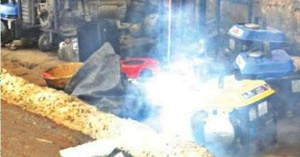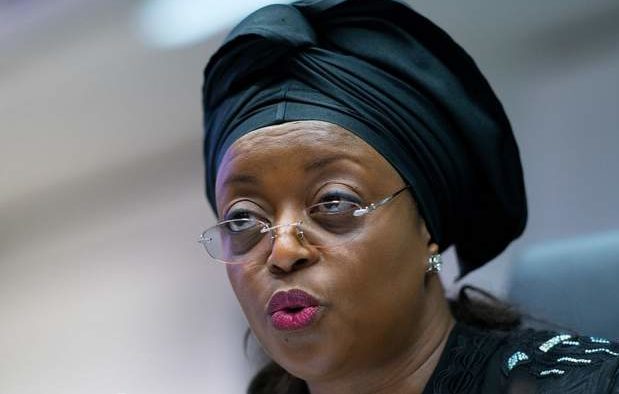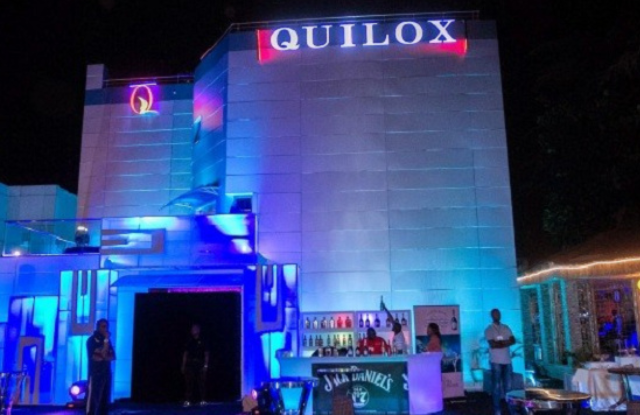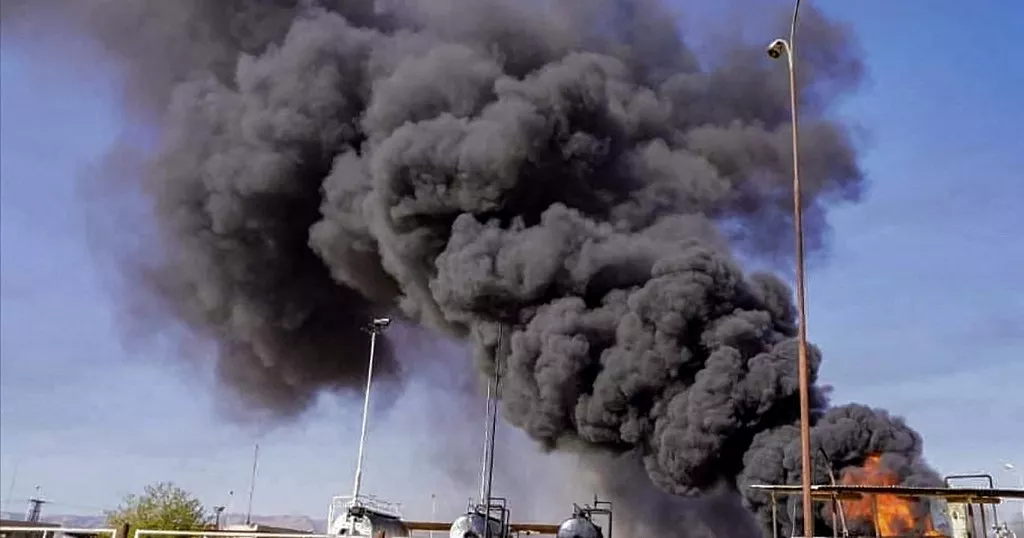Two years of Samia’s reforms make Dar economy competitive
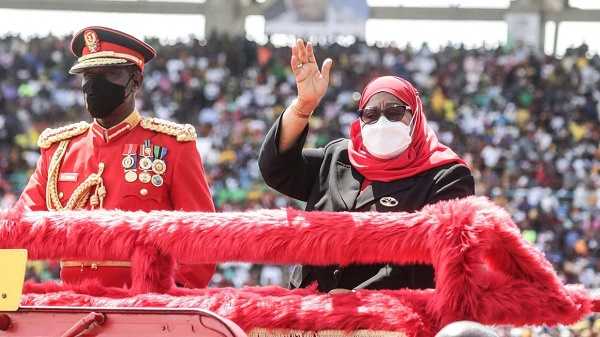
This week marks two years since she inherited the seat from Magufuli, who died in March 2021 after a short illness. She has upended her predecessor’s policies on health, political liberties, foreign policy, education and investments and trade relations.
Last month, she struck a further conciliatory tone, allowing opposition groups to resume political rallies and those in exile to return to the country. Her predecessor Magufuli, as soon as he assumed office, banned political rallies “for the sake of development”. President Samia, on the other hand, has rallied for national unity.
“Politics is not quarrelling or insults, it is not telling lies, nor the language of mockery, slandering and incitement,” she said after she was sworn in as Tanzania’s sixth president. “Politics of this kind is not productive, it is a violation of rule of law.”
Political manoeuvres
Her speech was later followed by a series of political manoeuvres, including setting free the chairman of the main opposition party Chadema, Freeman Mbowe, and broadening the civic and political space in the country.
Mr Mbowe had been in prison for 18 months facing terrorism charges. He had been arrested under her tenure, however, something that nearly blotted her first steps. The Magufuli era was characterised by constriction of civic and political space and a violent crackdown on the opposition and the media.
President Samia did allow the banned media outlets to resume publication, even though critics have said she hasn’t helped amend the laws Magufuli introduced to squeeze the freedoms. Placing a strong emphasis on reconciliation, she was guest of honour for the International Women’s Day at the opposition Chadema party at an event in Kilimanjaro on March 8, a gesture that went down well with the nation.
Tanzania has recently seen the return of two opposition politicians, Godbless Lema and Tundu Lissu, from exile, to cheering crowds. On health, as soon as she was sworn in, Dodoma made a U-turn on its stance of denying Covid-19 existence. Magufuli had ridiculed Covid-19 protocols and barred vaccines in the country. President Samia would appoint a committee of experts to advise her on the way forward and propose measures to keep Tanzanians safe, resumed timely Covid-19 updates and launched a national campaign on the jabs.
Covid-19 jabs
The latest data shows that close to 30 million people in the country had received Covid-19 jabs, achieving a 50 percent inoculation target.
“The government continues to provide Covid-19 vaccination from across the country to curb the global pandemic outbreak. We insist that people continue taking preventative measures against the virus and all other airborne diseases,” said a Health ministry update on the pandemic. While Tanzania has free basic education, President Samia has since waived all forms of fees and contributions in government schools, including registration and exam fees, which posed a significant burden on parents in the past. She also reversed Magufuli-era policy of barring pregnant girls and teenage mothers from school, something Tanzania had been criticised for.
“Primary and secondary school students once stopped from going school due to pregnancy will be given an opportunity to return to school in the formal system,” said the then Tanzania’s Education Minister Joyce Ndalichako in Dodoma last year.
The government announced that the new policy will also apply to students who stopped classes due to truancy and other problems.
Reopened diplomatic relations
Unlike Magufuli, President Samia reopened Tanzania’s diplomatic relations with the world, and resumed Tanzania’s frequent travels by a head of state. This has seen her tour Beijing to Brussels. Dakar to Davos. Dubai to Doha, London to New York and Nairobi, Los Angeles to Kinshasa and this week, Pretoria. She helped resolved most of the petty trading quarrels with Kenya on her state visit and boosted ties across the East African Community.
Samia attended dozens of meetings from a regional level to international, in a quest of repairing old ties and cementing existing ones while at the same time building new ties. She used trips and meetings to boost Dodoma’s Foreign Direct Investment and source funds to finance Tanzania’s ambitious projects such as the standard gauge railway, the Julius Nyerere Hydropower project, roads and other projects.


